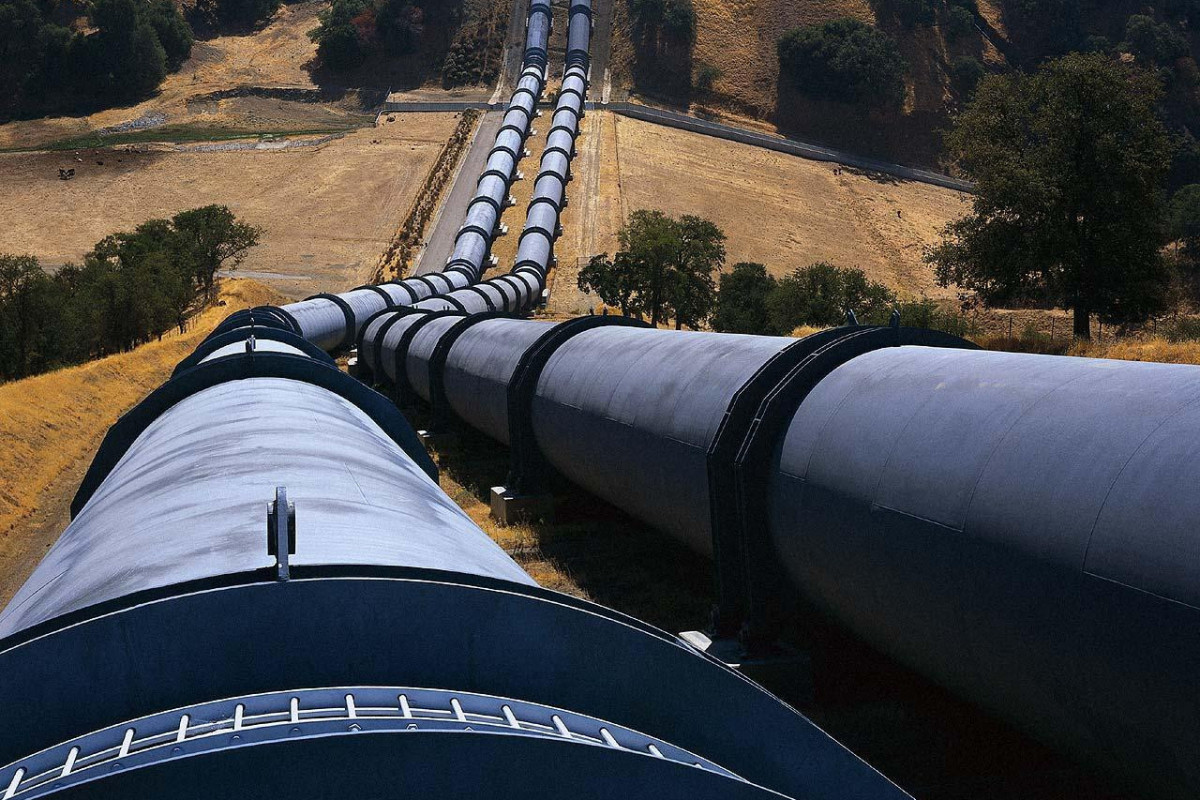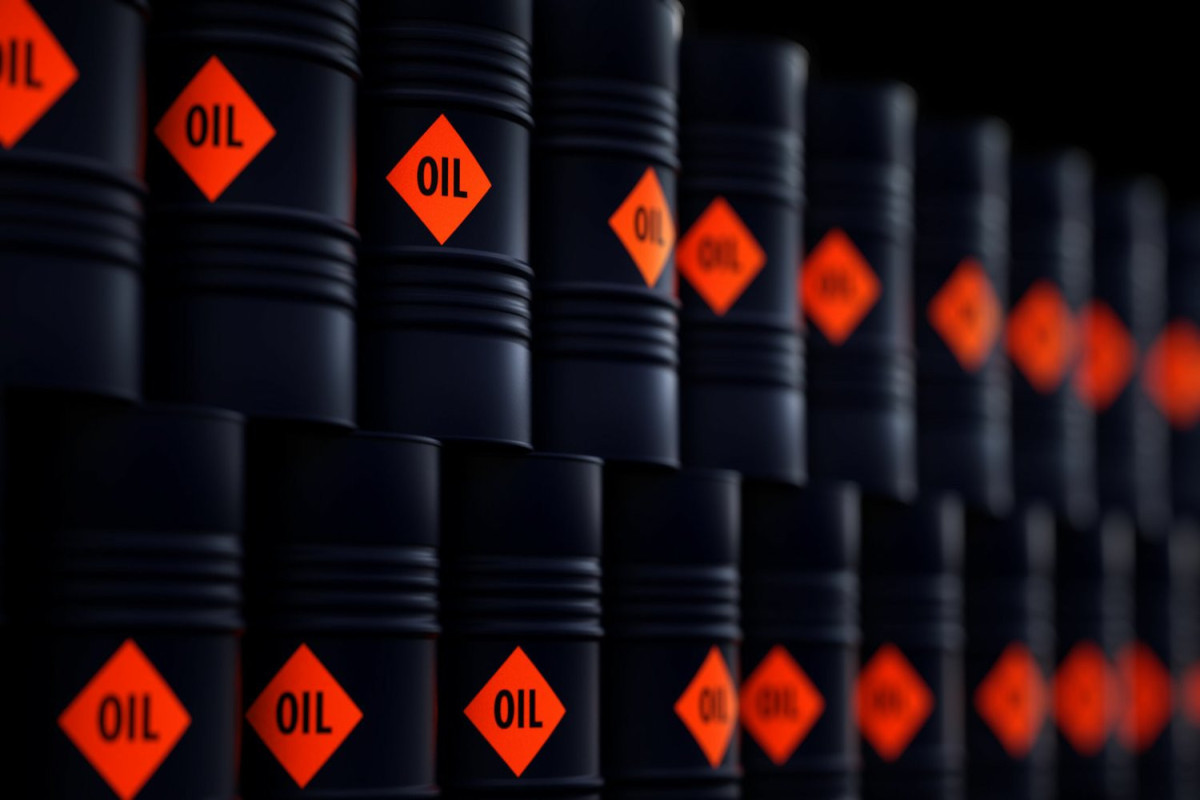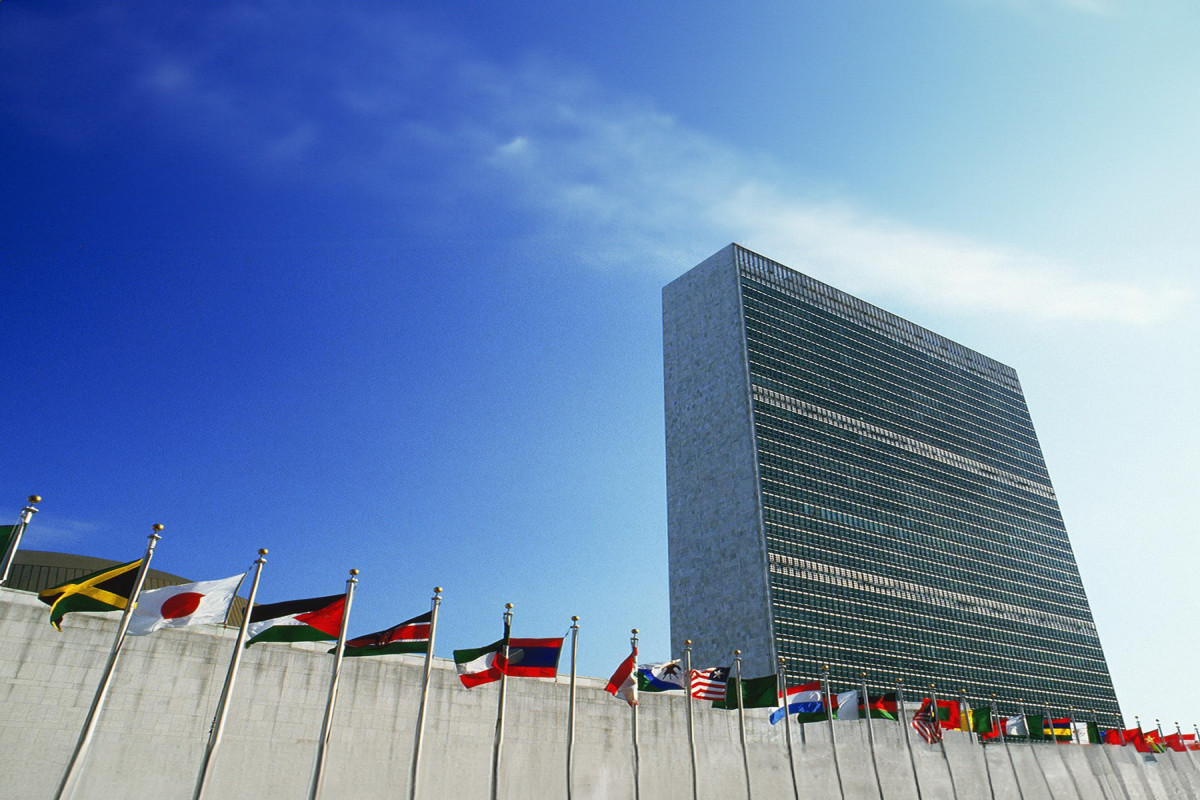The Charter for long-term cooperation between OPEC and non-OPEC countries is adopted at the 6th meeting of OPEC + ministers in Vienna. Then an agreement was reached to extend the deal on the oil production cut by 9 months, Azerbaijani Energy Ministry told APA-Economics.
Azerbaijan has joined the Charter of Cooperation, as well as the OPEC and non-OPEC countries' agreement to be in force by the end of the first quarter of 2020.
Attending the event Azerbaijani Energy Minister Parviz Shahbazov praised the OPEC and non-OPEC ministers' meeting as a historic event in the framework of OPEC + cooperation: “Owing to the "Charter of Cooperation" between the OPEC and non-OPEC countries, we will carry out our efforts to balance the oil market in an organized way. As a long-term cooperation mechanism, the Charter will continue to protect the interests of oil producers and provide sustainable support to the oil industry. "
***15:07
Russian Energy Minister Alexander Novak said non-OPEC producers had agreed to a nine-month rollover of supply cuts, according to multiple media reports Tuesday, ratifying a policy designed to prop up oil prices amid a weakening global economy, APA reports citing CNBC.
It comes less than 24 hours after energy ministers from the world’s most powerful oil-producing nations thrashed out a deal to restrict the amount of crude flowing into the global market.
OPEC reached a deal to extend production cuts until March 2020 on Monday. The Middle East-dominated producer group was able to overcome their differences after five hours of negotiating in Vienna.
International benchmark Brent crude traded at $64.91 Tuesday morning, down around 0.2%, while U.S. West Texas Intermediate (WTI) stood at $58.98, approximately 0.15% lower.
The energy alliance between OPEC and non-OPEC partners, sometimes referred to as OPEC+, has been reducing oil output since 2017.
The policy is designed to prevent prices from sliding amid soaring production from the U.S. — which has become the world’s top producer ahead of Russia and Saudi Arabia. The cuts are running at a volume of about 1.2 million barrels per day.
Ahead of the non-OPEC meeting on Tuesday, Saudi Energy Minister Khalid al-Falih had said he was 100% confident of an OPEC+ deal.
The U.S. is not a member of OPEC, nor is it participating in the supply pact. Washington has demanded Riyadh pump more oil to compensate for lower exports from Iran after slapping fresh sanctions on Tehran over its nuclear program. However, the U.S. has also ratcheted up its oil production in recent years.
President Donald Trump is likely to be irritated by an extended period of OPEC-led supply cuts, after repeatedly calling on Saudi Arabia to supply more oil and help reduce prices at the pump.
Brent crude has climbed more than 25% so far this year, after the White House tightened economic sanctions against OPEC members Iran and Venezuela, slashing their exports.







